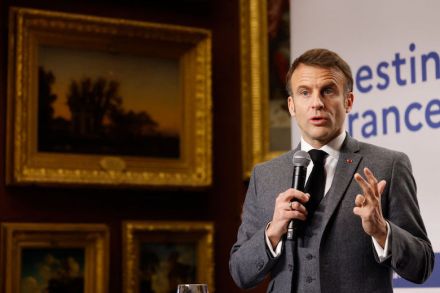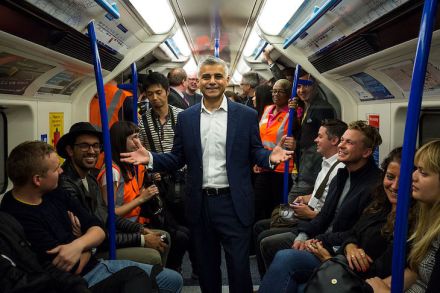What Tucker Carlson gets wrong about Russia
‘I have seen the Future and it works,’ proclaimed leftist American journalist Lincoln Steffens after visiting Bolshevik Russia in 1919. By then, of course, the Cheka, or All-Russian Extraordinary Commission for Combating Counter-Revolution, Profiteering and Corruption, was already summarily executing presumed enemies of the people in droves. Now, conservative pundit Tucker Carlson is admiring Vladimir Putin’s Russia with equivalent admiration, but a rather different agenda. Fresh off his fawning interview with Putin, in a series of video shorts, Carlson has marvelled at the Moscow metro, rated the fare at Vkusno – i tochka (‘tasty – and that’s it’), the chain that replaced McDonalds, as just as good, and expressed performative shock at the





















